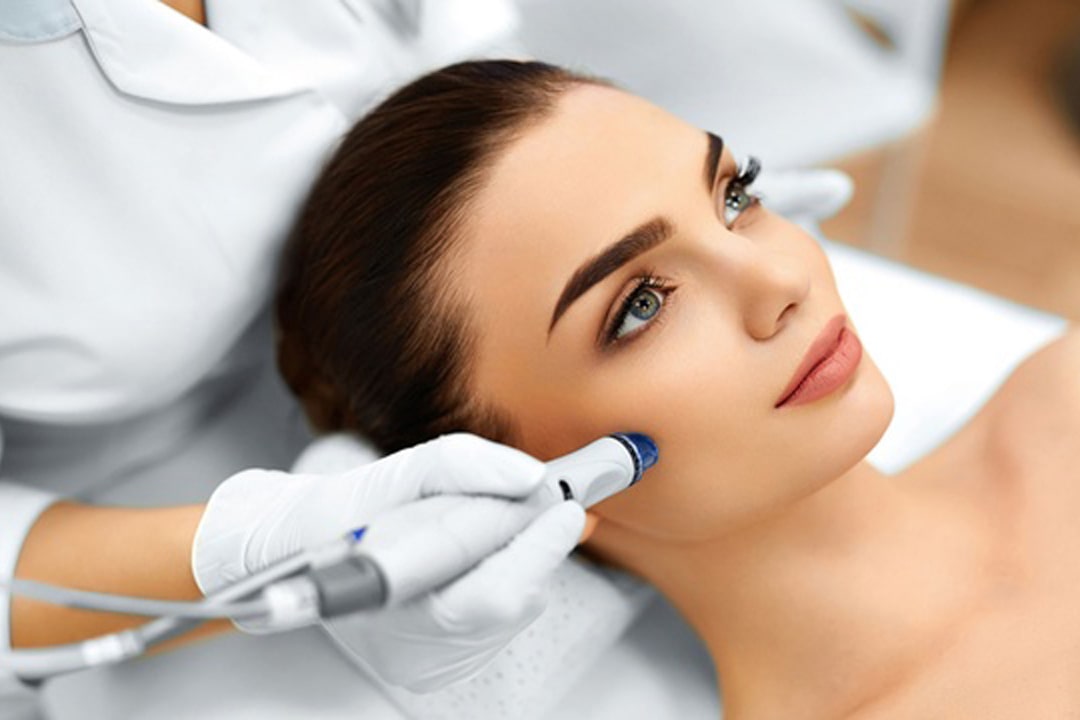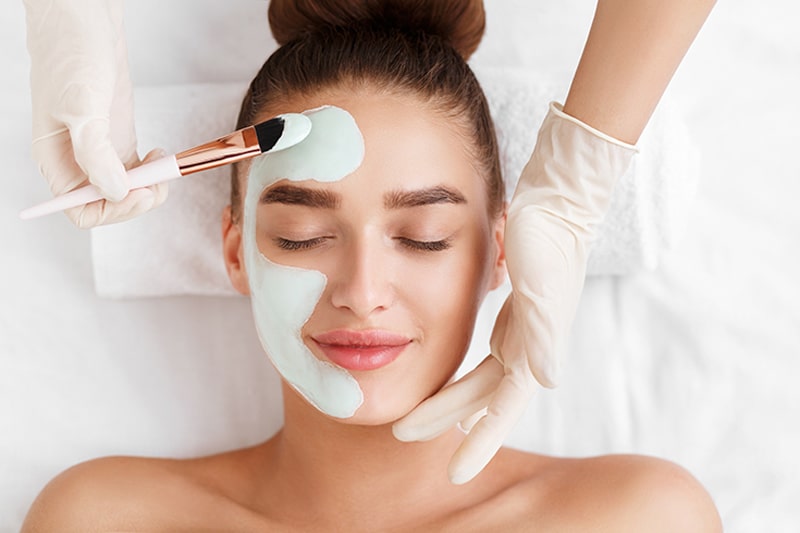
Esthetician Program
Educational Objectives
The education system at Dalton Institute includes a comfortable learning facility, experienced and competent instructors, and a comprehensive curriculum. It is intended to provide guidance to students through education, competency, and quality of instruction for students to become competent in the esthetics field.
Our educational objectives for the Esthetics Program are:
• To educate students to be professional, knowledgeable, and skilled for employment within the industry.
• To maintain a program that is constantly updated so students will have comprehensive knowledge to compete in the field of Esthetics.
• To promote the educational growth of the students using current teaching methods and techniques.
• To teach students to perform the basic manipulative skills in the areas of facials, body treatments, makeup application, massage techniques, skin analysis, and full body waxing services.
• To teach courtesy and professionalism as the foundation of a successful career.
• To prepare the student to successfully pass the State Licensing Exam for entry-level employment.


